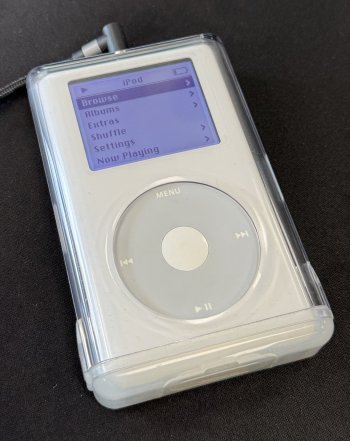It’s more like Post gets Costco to sell it’s cereals and Costco has a rule that Post can’t out a sign up that says Sam’s club has their cereals cheaper.This is about Apple preventing the product maker (Spotify) from advertising on their own product (the Spotify app).
In the physical world, this is like Walmart telling a cereal maker (Post) they cannot advertise on the cereal box and offer discounts.
View attachment 2355333
Or Walmart telling a magazine publisher (MacAddict) they cannot advertise within their magazine through inserts a lower subscription price vs the cover price you'd pay in-store because it would take away from Walmart's in-store magazine sales.
View attachment 2355334
But let’s go down this rabbit hole of analogies.


